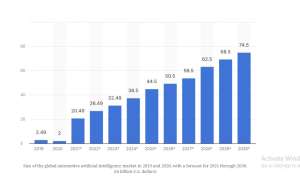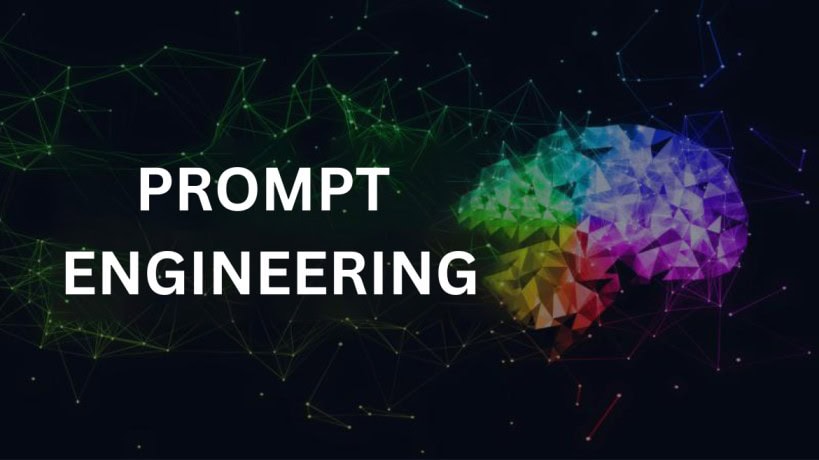The important business trends influencing the growth of the SQL market between 2023 and 2031 are detailed in the evaluation of the market. SQL’s future in data science seems optimistic, as it evolves to suit increasing analytical demands. SQL remains a crucial tool, even after being enhanced with new capabilities such as machine learning integration and large data processing. Emerging technologies and expansions improve its efficiency and scalability, making it an essential tool for data scientists. SQL’s versatility keeps it relevant by supporting complicated queries, real-time data analysis, and seamless interaction with several data sources, hence fostering innovation and insights in data science.
Importance of SQL in Data Science:
SQL plays a critical role in data science. Working with structured data kept in databases is made possible by it. SQL is necessary for data scientists in order to retrieve, modify, and examine data from these databases. SQL is also used by big data platforms like Hadoop and Spark to process structured data. It is essential to learn SQL functions such as filtering, aggregating, joining tables, and querying. In the modern digital environment, SQL and data science have become entwined. Companies currently gather billions of customer data points, which must be properly handled and analyzed in order to derive actionable insights. To do such intricate processes, one must have a solid understanding of SQL.
Why did you select SQL with Data Science as a career?
SQL skills are still in high demand across industries as firms prioritize making decisions based on data. In today’s changing technology environment, knowing SQL can greatly improve your employment prospects whether you’re a developer, data analyst, or aspiring data scientist. This course is easy to learn and has a very well-organized format. This can be used by someone with no prior knowledge of ML, Python, or data science. Anyone can learn on their own with this course because it makes things so simple. It really is assisting me. I’m grateful that you made such a fantastic course.
Growth of careers in SQL with Data Science:

Aspiring data science experts have a bright future ahead of them. According to IBM’s 2020 predictions, there will be 2.7 million available positions in data science and associated fields, and employer demand for data scientists and engineers would rise by 39%
Structured query, or SQL, is a domain-specific language that is used in RDBMS databases for data manipulation and communication. SQL contains a wide range of ideas and theories and is used in numerous domains. All SQL fundamentals must be mastered in order to begin a career in this field. SQL specialists that can think analytically and apply it to SQL are in great demand in today’s software industry since careers in SQL have various roles to play in a data-centric firm. Candidates that have a strong interest in data and its issues might choose a career in SQL.
CURRICULUM
Introduction to SQL and Databases
- Relational database overview
- Simple commands and SQL syntax
- Types of data and restrictions
- Both primary and foreign keys
- Indexing and enhancing performance
Data Manipulation and Querying
- Clauses for select, insert, update, and delete
- The aggregate functions (AVG, COUNT, SUM)
- Joins Left, Right, Inner, and Outer
- Subqueries and hierarchical queries
- Functions of windowsAdvanced SQL Techniques
Advanced SQL Techniques
- Functions and processes that are stored
- Events and triggers
- Perspectives and realized perspectives
- Standardized table expressions (CTEs)
- Concurrency control and transaction management
Integration of SQL with Data Science
- Cleaning and preparing data
- Linking Python and R to SQL for analysis
- Using SQL on big data platforms (like Spark and Hadoop)
- Utilizing SQL to implement machine learning models
- Case studies and practical uses







